Henan Vest Machinery Co.,Ltd
News Details
The Complete Bentonite Production Line Process
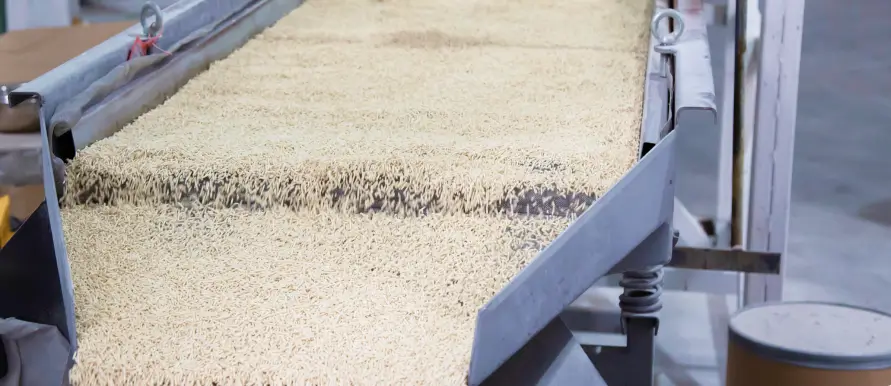
What is bentonite of Bentonite Production Line?
Bentonite, also known as montmorillonite clay, is a hydrated clay mineral composed primarily of montmorillonite.
Bentonite’s hygroscopicity and viscosity make it a valuable adhesive, sealant, absorbent, and lubricant in numerous industries and applications. It is widely used in foundry sand, iron ore pellets, drilling mud, cat litter, fertilizer, cosmetics, and more. As a result, bentonite has earned the nickname “the clay of a thousand uses.”
Bentonite Processing Plant Process
The bentonite production line includes ore mining, sodium activation (if necessary), drying, grinding, classification, and granulation. Grinding and drying are key steps.
Bentonite Mining Process
Bentonite is mined using a process called backfilling, whereby the mine is reclaimed by filling it with soil from subsequent pits during production.
Bentonite Crushing Process
Bentonite has a Mohs hardness of 1-2 and a natural moisture content of approximately 30%. For wet and viscous bentonite, VEST recommends using a roller crusher. Bentonite Drying Process
Mined bentonite typically contains 25-35% moisture and needs to be dried to 5-12%. This is typically accomplished using a rotary drum dryer.
Bentonite Grinding Process
The grinding process in a bentonite production line converts activated or natural bentonite into powders of varying grades. Raymond mills are a commonly used bentonite grinding machine.
The particle size of the bentonite powder can be adjusted from 80-425 mesh, ensuring that the finished bentonite powder can serve a variety of industries.
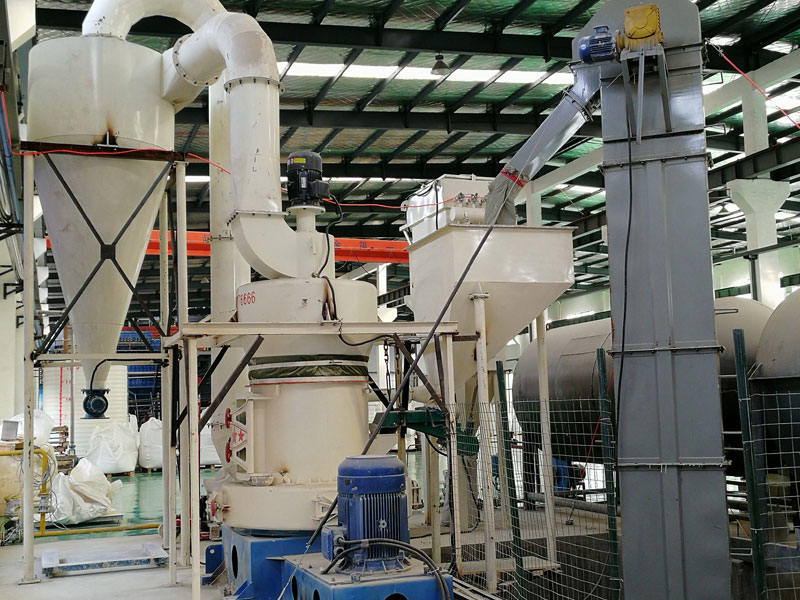
Bentonite Granulation Process
Manufacturers often need to agglomerate bentonite to meet their end-use requirements. For example, if you are a supplier of bentonite cat litter and bentonite compound fertilizer, you would require a disc granulator to produce bentonite granules.
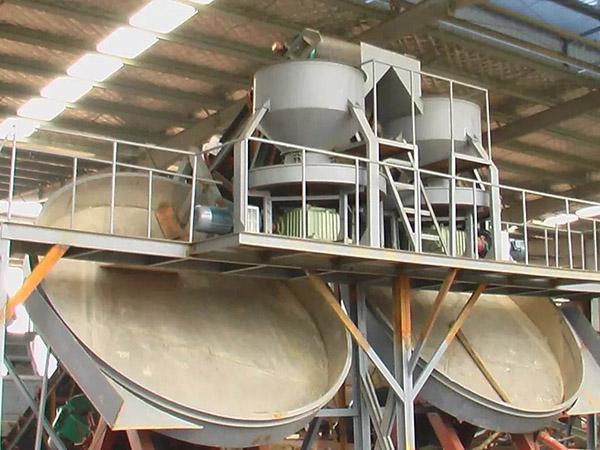
The particle size of the granules produced in the bentonite production line can be adjusted by adjusting the amount of mixed material, the spindle speed, the disc tilt angle, and other factors.
Advanced desilting technology eliminates large bentonite clumps and ensures uniform bentonite granules. The disc bottom is reinforced with multiple radiating steel plates, making it durable and resistant to deformation.
VEST offers disc granulators with diameters ranging from 2.2m to 3.6m and production capacities from 4t/h to 24t/h to accommodate bentonite granulation plants of varying sizes.
VEST – Bentonite Processing Equipment Supplier
VEST has extensive experience in designing and manufacturing bentonite processing equipment for crushing, grinding, drying, and granulation. We can provide robust machines and suitable bentonite production lines tailored to customer production requirements, such as end product, output, and feed and discharge sizes.
VEST Bentonite Cat Litter Production Line
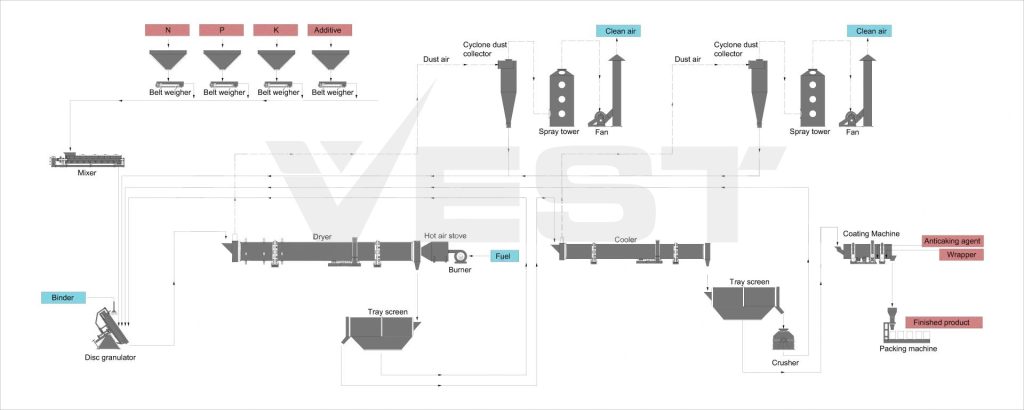
Step 1: Sun-dry the raw calcium bentonite ore to a moisture content of 22%.
Step 2: Crush the calcium bentonite ore to a particle size of 25mm using a roller crusher.
Step 3: Mix the sodium-based modifier with the bentonite to create sodium-based bentonite.
Step 4: Grind the sodium bentonite to 200 mesh using a Raymond mill.
Step 5: Mix the 200 mesh bentonite powder, corn starch, zeolite, and other main ingredients in a specified proportion and pour into a disc granulator to produce bentonite granules.
Step 6: Dry, classify, and cool the bentonite granules to obtain the finished bentonite cat litter.
If you require fertilizer solutions using other materials, we also offer custom designs. Examples include bentonite fertilizer processing solutions, cow dung fertilizer production systems, chicken manure processing solutions, sheep manure fertilizer technology, and more.
Contact us today to customize your unique fertilizer solution!
Related Posts
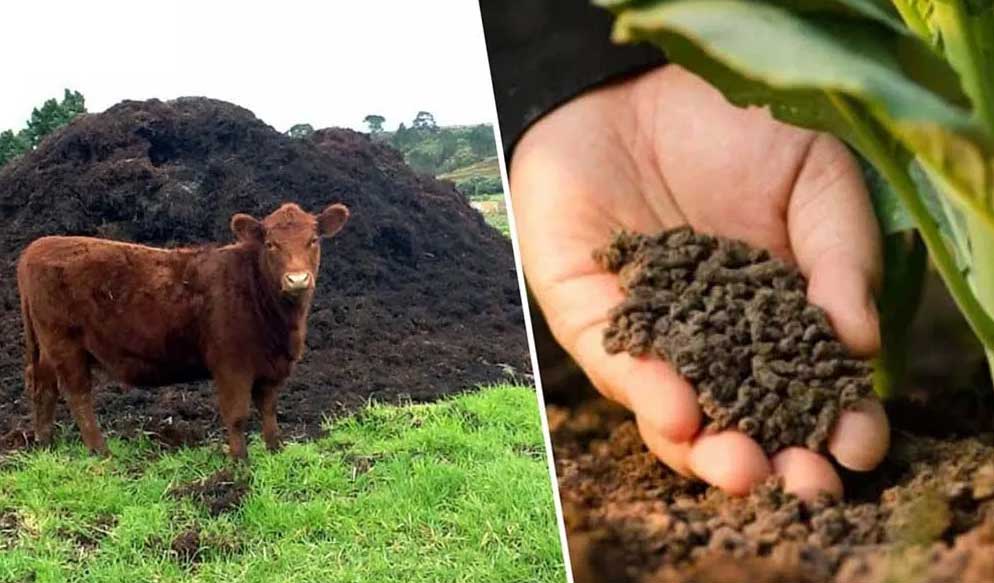
10 月 8, 2025
Making Biofertilizer from Cow Dung – Cow Dung Composting
During cattle breeding, if cow manure is not processed in time, it will cause air pollution, breed a...

9 月 25, 2025
The Complete Bentonite Production Line Process
What is bentonite of Bentonite Production Line? Bentonite, also known as montmorillonite clay, is a ...
Give us a call or Simply Complete the Form
Address:Zhengzhou City, Henan Province, ChinaPhone:+86-15538359886Email:[email protected]
.png)